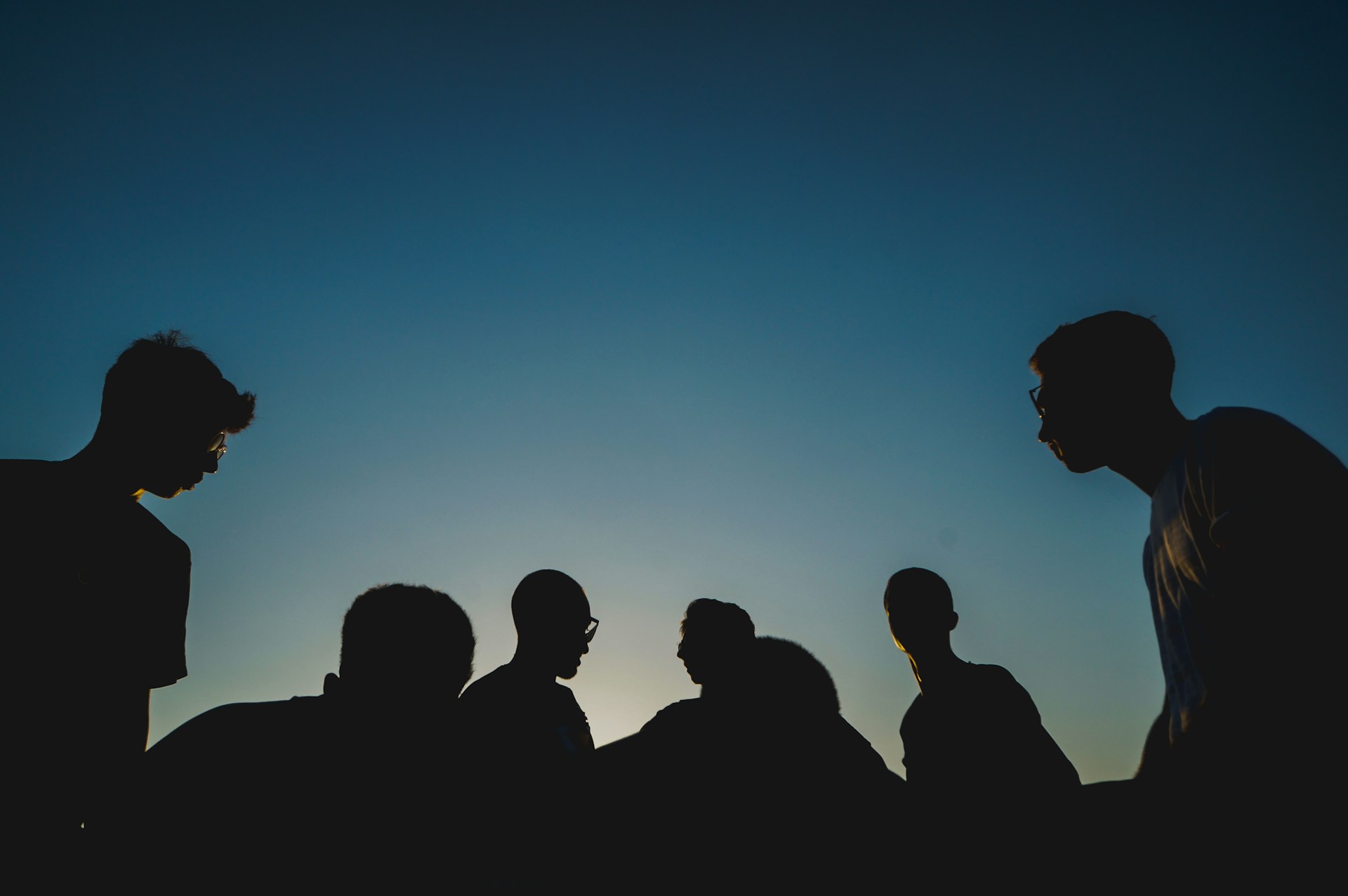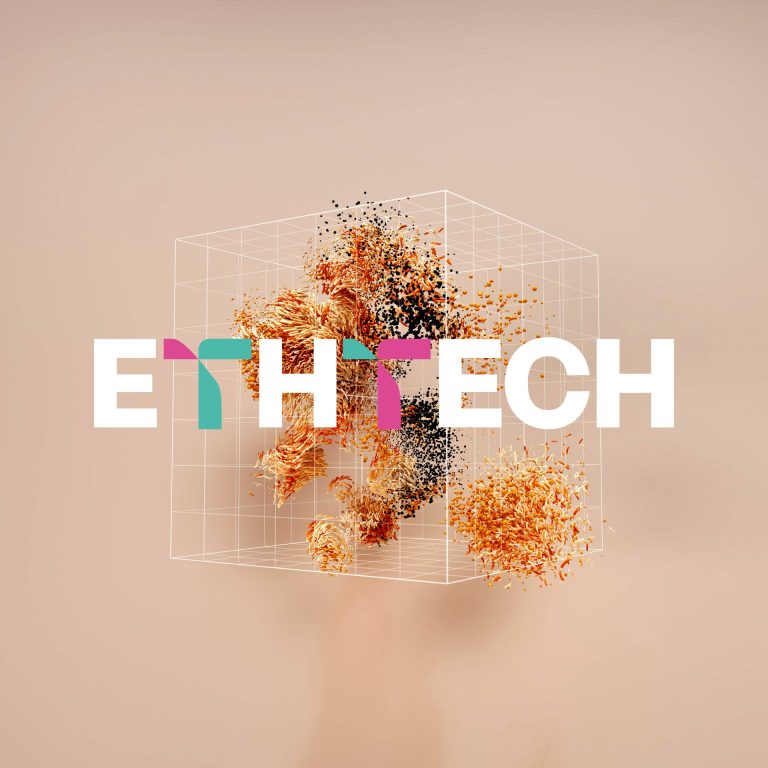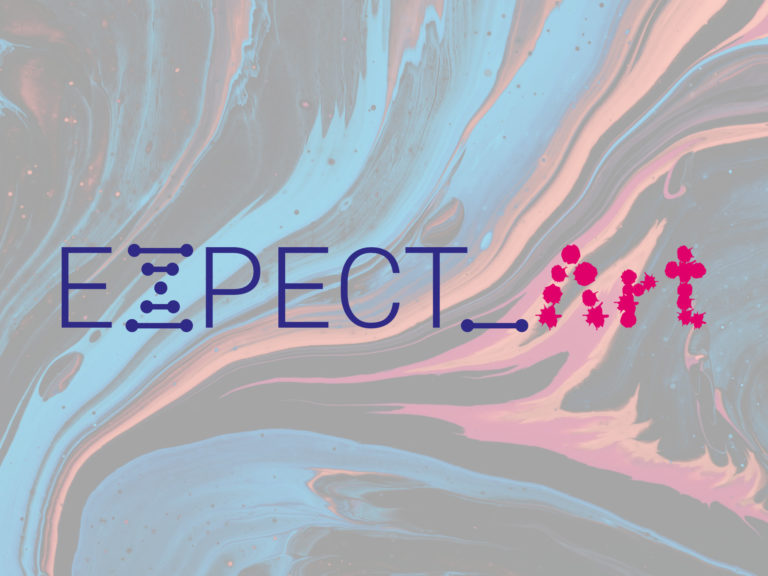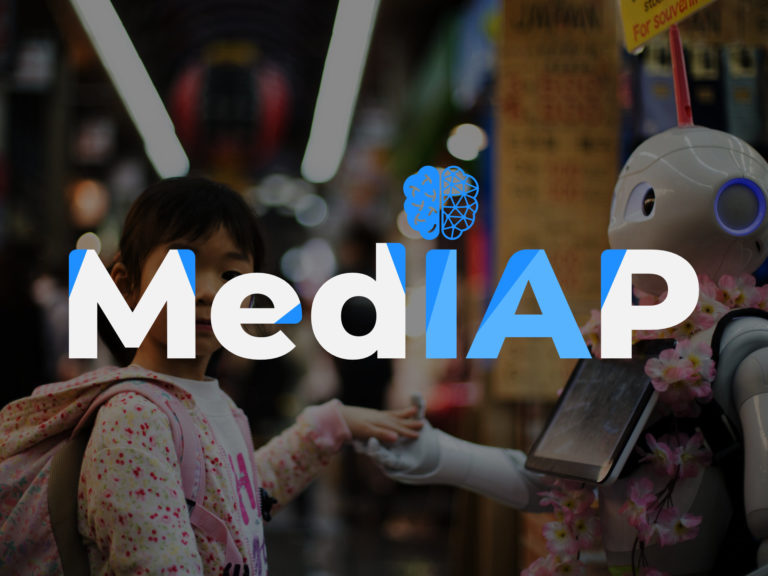Relevance of the project
As digital scenarios, young people approach virtual communities out of curiosity, their own concerns, personal motivations or by mere necessity. They often these young people find a space of connection, sharing, self recognition (of self and us), ownership, common interests … in which it is possible to collaborate, design, create and share, but above all, learn other and with others.
Virtual communities are spaces that gather every day thousands of young people who approach these scenarios with the aim of sharing interests around different themes: (1) arts and culture (music, literature); (2) Creation (movements like Makers or Do It Yourself); and (3) participation, social mobilization and post-materialist movements (environmentalists, pacifists).
However, young people as creators of knowledge, and virtual communities as learning spaces, have hardly been investigated. Beyond what is explicit on the websites, we don’t know what they learn, how they learn and what role do these spaces have in building the identity of young people. Undoubtedly, we face an emerging, complex, important and little studied phenomenon. Why are virtual communities created?; Why do young people get involved?; How do they self-regulate?; What knowledge is generated? …
Taking off from an approach to virtual communities of young people, the project seeks to provide answers to the question How and what do young people learn in virtual communities, in order to retrieve, visualize and explain the educational potential of virtual communities in the learning process and the construction of the multiple identities of young people.
Objectives
The main objective of the project is to retrieve and display the learning and knowledge of young people, from the identification and in-depth analysis of their participation in virtual communities.
The specific objectives that we are set to tackle are:
- Identify and map virtual communities of young people.
- Explore and identify what elements define virtual communities and their use as places of learning and production of knowledge (the feeling of community, group membership, trust, respect…)
- Analyze how and what do young people that are actively involved in virtual learning communities learn.
- Disclose, among the scientific community and the political and social agents, the results of the project: the educational and training potential of virtual learning communities for learning and the construction of the multiple identities of young people.
Phases
- Detection and mapping of virtual communities of young people:
- Artistic and cultural (art, music, literature, cinema…);
- Creation (Makers and DIY movements); and
- Participation, Social Mobilization and Post-materialism (feminism, environmentalism, pacifism…).
- The ethnographic approach requires to follow an intentional sample approach, with the selection of 4-6 richly developed cases, where a high participation and involvement of young people is detected. Field work will involve negotiating with participants, information gathering (focus groups, interviews, document analysis and multimodal evidence) and subsequent analysis and interpretation. This work will be done almost entirely online (Hangouts, Skype, email, forums…). This phase will be complemented with an online questionnaire, designed after the field work, to gauge the extent of the phenomenon.
- Disclosure between the scientific community and the political and social agents, of the project results.
Results
Miño,R.; Rivera, P.; Alonso, C. (2019). Comunidades virtuales: dinámicas emergentes de participación social y aprendizaje entre los jóvenes. Education in the Knowledge Society, 20, 1-12. doi: 10.14201/eks2019_20_a21
Rivera, P., i Miño, R. (2018). Young people and virtual communities. New ways of learning and of social participation in the digital society. Páginas de Educación, 11(1), 67-82.
Bosco, M.A., Miño-Puigcercós, R., Rivera-Vargas, P., y Alonso-Cano, C. (2016). Comunidades Virtuales, jóvenes y aprendizaje. La complejidad de una categorización. Journal for Educators, Teachers and Trainers JETT, 7(2), 25-37.
Rivera, P., Alonso, C., Bosco, A., Miño, R., Sánchez, J. A. (2016) Cartografiando la participación de los jóvenes españoles en comunidades virtuales. Complejidades y vaivenes metodológicos. XVI Congreso Nacional y VII Iberoamericano de Pedagogía. Madrid (España), 28-30 de Junio.
Salazar, C., Carrasco, S., Castro, A., Herraiz, F. (2016). Explorando la participación de jóvenes en comunidades virtuales. La cartografía como recurso metodológico visual. XVI Congreso Nacional y VII Iberoamericano de Pedagogía. Madrid (España) 28 -30 de Junio.
Carrasco, S., Salazar, C., Alonso,C.(2016) Cartography Of Virtual Youth Communities As Learning And Knowledge Production Environments. ECER 2016. Dublin (Irlanda), 22-26 de Junio.
Rivera, P.; Miño-Puigcercós, R.; Castro, A.; Sanchez-Valero, J.A. (2016). Virtual Youth Communities: make visible their learning and knowledge. ECER 2016. Dublin (Irlanda), 22-26 de Junio.
Alonso Cano, C. (coord) (2017). Comunidades Virtuales de Jóvenes: Hacer visibles sus aprendizajes y saberes. Centro Reina Sofía sobre adolescencia y juventud.
Rivera, P., Miño,R. y Carrasco, S. (2016). Comunidades virtuales: posibles espacios de visibilización y participación social para los jóvenes. II Congreso Español de Sociología. Grandes trasformaciones sociales, nuevos desafíos para la Sociología. Gijón (España), 1 y 2 de julio.
Participants
- Alejandra Bosco Paniagua
- Aurelio Castro Varela
- Cristina Alonso Cano (Coordinadora)
- Cristina Salazar Fornaguera
- Fernando Hernández Hernández
- Fernando Herraiz García
- Joan-Anton Sánchez Valero
- Juana M. Sancho Gil
- Judith Arrazola Carballo
- Pablo Rivera Vargas
- Raquel Miño Puigcercós
- Sandra Rodríguez García
- Sara Carrasco Segovia
- Xavier Giró Gràcia
AYUDAS a la INVESTIGACIÓN 2015 del Centro Reina Sofía sobre Adolescencia y Juventud.



